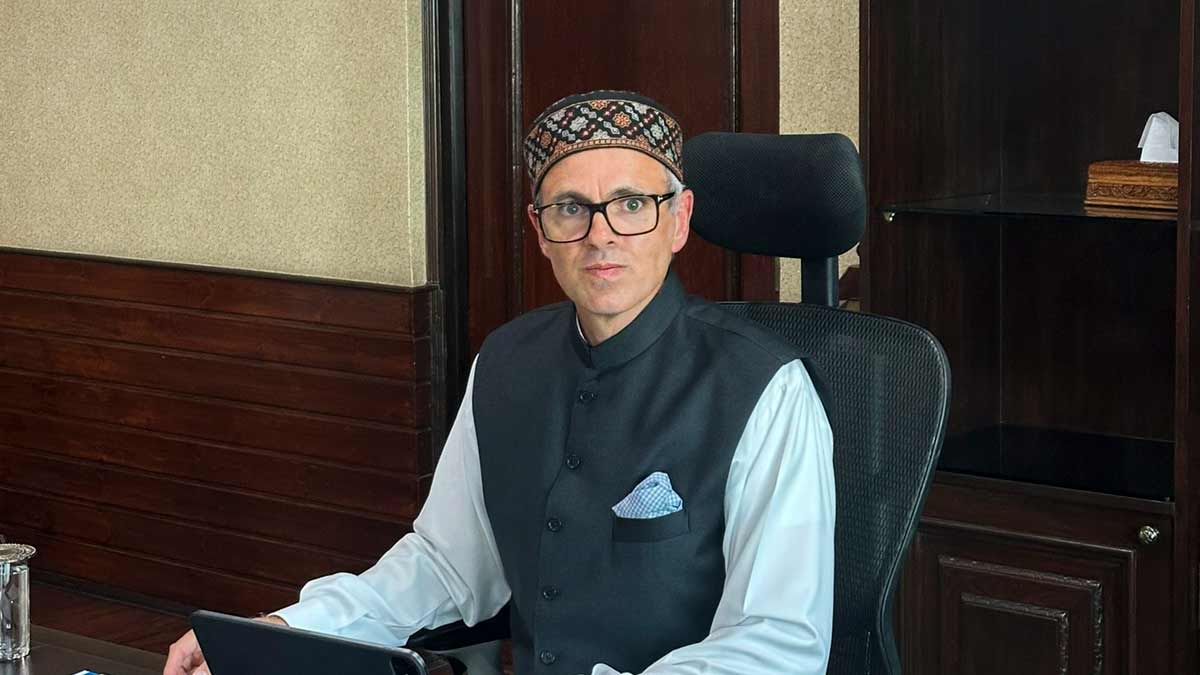The Jammu and Kashmir government has issued new guidelines to ensure the security of classified information as it expressed concern over the increasing use of third-party platforms like WhatsApp and Gmail for official communication.
Officers have been directed not to share “Top Secret” and “Secret” information over the internet. Smartphones must be left outside meeting rooms during discussions involving sensitive matters.
According to government, third-party platforms like WhatsApp and Gmail are not designed for secure data sharing and pose significant risks of unauthorised access, breaches and leaks.
Information has been categorised into four levels: Top Secret, Secret, Confidential, and Restricted. "Top Secret" and "Secret" information can only be shared via closed networks with advanced encryption mechanisms, while "Confidential" and "Restricted" information can be transmitted over networks with AES 256-bit encryption.
Also read
- Modi inaugurates Jammu Railway Division, J&K LG calls Chenab railway bridge a symbol of India’s engineering excellence
- PM Modi to inaugurate Jammu railway division today
- J&K: Banihal bypass on Jammu-Srinagar highway complete; 4-lane traffic to open within 15 days
- First trial train runs on Katra-Banihal section, paving way for rail services to Kashmir
To ensure secure communication, officials are encouraged to use government-provided tools like NIC email or messaging platforms such as Samvad and Sandesh. The government has also cautioned against downgrading the classification of sensitive information for convenience.
Digital assistants like Alexa and Siri, and devices such as Amazon Echo or Google Home, are not allowed in offices during classified discussions. These devices must be turned off or removed from the meeting space to avoid accidental data breaches.
For video conferencing, only government-approved platforms like CDAC, CDOT, and NIC should be used. Features like "waiting room" and participant registration are advised for added security, but "Top Secret" and "Secret" information must not be discussed during video calls.
The e-Office system should only be accessed through VPNs and firewalls, and its use is restricted to authorized personnel. Sharing "Top Secret" and "Secret" information on e-Office is permitted only through a closed network with advanced encryption.
Officials working remotely must use secure, hardened devices connected via VPNs and firewalls. However, sharing "Top Secret" and "Secret" information while working from home is strictly prohibited. These measures, aligned with the National Information Security & Policy Guidelines (NISPG), aim to protect the integrity and confidentiality of sensitive government data.



